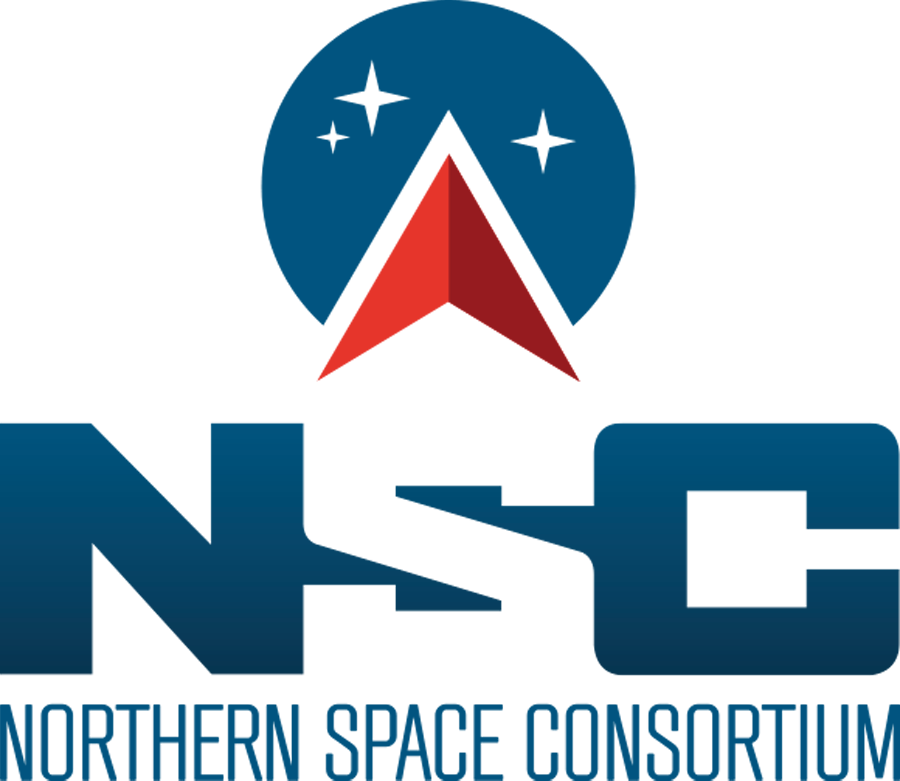As part of developing our region’s Space environment The Northern Space Consortium (NSC) has always supported student space societies. So the NSC was very happy to support the first UKSEDS North and East Cluster Conference that was held on 4th February in the University of Liverpool. The event was hosted and run by LASER the Liverpool Association for Space Engineering Research and was chaired and opened by the group’s President Ahmed Al-Irhayim who described how the group was set up and the projects undertaken. These included working on a small satellite to try to grow mushrooms in space, rocketry and participating in the UKSEDS Mars Rover competition as well as developing CanSats.
Bob Morris, NSC, gave an overview of the current state of the Space Industry overall and described the background to the industry in the UK and some of the latest developments and the sort of projects that the students could be working on in the future.
NSC member Ray Stott then described his career in the Space Industry and how it had taken him around the globe. He is cofounder of SpaceSpecialists Limited with offices in Cheshire and Australia and he talked about the sort of projects that they are involved in. Collaboration is key in the space industry and there has never been a better time in the UK to become part of it.
Dr Kai Hoettges, University of Liverpool talked about their MicroAge project that studies muscle dystrophy and how they had flown human cells to the International Space Station and were now comparing them to those that had remained on Earth. He announced MicroAge 2, a follow up mission that will have a more complex bioreactor and study muscle tension to see what affects it has. He emphasised the importance of teams and teamwork on such projects.
The final speaker was Yacine Nino Hannane co-founder of Grow YourOwn Limited, a company set up to create vertical farming solutions for growing mushrooms and fungi. Fungi, because they can survive in harsher environments and use less water than plants, are ideally suited for space. LASER and Grow YourOwn are working together to develop ways of studying fungi in space.
Attendees included students from various universities in the region including Manchester and Lancaster. There are now two space societies in the University of Liverpool, LASER and LivStar and one in Liverpool John Moores University, the LJMU Rocketry Society.
The NSC is keen to see such student space societies established in all of our region’s universities. For more information on UKSEDS and starting a space society see www.ukseds.org or contact bob.morris@thensc-uk.com.

